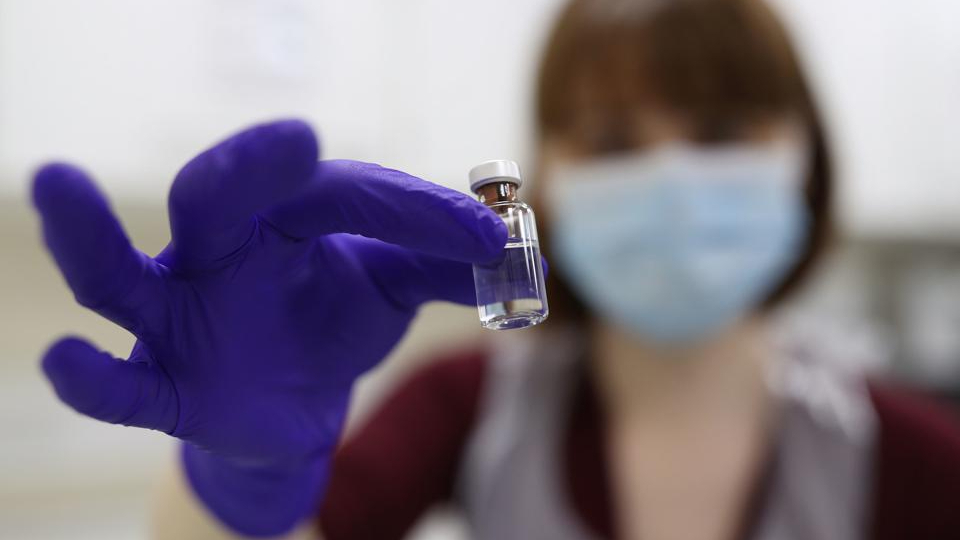General Discussion |
| Post New Message |
| Dec 7, 2020 |
| |||||||
| |||||||
WEBSITE ADDRESS: searchingforreasondotnet.blogspot.com A SITE DEDICATED TO USING THE DISCIPLINES OF CRITICAL THINKING AND LOGIC.
General Discussion |
| Post New Message |
| Dec 7, 2020 |
| |||||||
| |||||||
THE FOLLOWING ARE MY DEFINITIONS, BUT I THINK THEY ARE REASONABLY CLOSE TO WHAT WOULD BE FOUND IN BOTH CIVIL OR CRIMINAL LAW.


JUST A COUPLE OF LEGAL DEFINITIONS THAT SHOULD BE CONSIDERED...
TAKEN FROM WIKIPEDIA. ( JUST FOR REFERENCE PURPOSES).
An abuse of process is the unjustified or unreasonable use of legal proceedings or process to further a cause of action by an applicant or plaintiff in an action. It is a claim made by the respondent or defendant that the other party is misusing or perverting regularly issued court process (civil or criminal) not justified by the underlying legal action. In common law it is classified as an intentional tort. It is to be distinguished from malicious prosecution, another type of tort that involves misuse of the public right of access to the courts.
The elements of a valid cause of action for abuse of process in most common law jurisdictions are as follows: (1) the existence of an ulterior purpose or motive underlying the use of process, and (2) some act in the use of the legal process not proper in the regular prosecution of the proceedings.[1] Abuse of process can be distinguished from malicious prosecution, in that abuse of process typically does not require proof of malice, lack of probable cause in procuring issuance of the process, or a termination favorable to the plaintiff, all of which are essential to a claim of malicious prosecution.[2] "Process," as used in this context, includes not only the "service of process," i.e. an official summons or other notice issued from a court, but means any method used to acquire jurisdiction over a person or specific property that is issued under the official seal of a court.[3] Typically, the person who abuses process is interested only in accomplishing some improper purpose that is collateral to the proper object of the process and that offends justice, such as an unjustified arrest or an unfounded criminal prosecution. Subpoenas to testify, attachments of property, executions on property, garnishments, and other provisional remedies are among the types of "process" considered to be capable of abuse.
Malicious prosecution is a common law intentional tort. Like the tort of abuse of process, its elements include (1) intentionally (and maliciously) instituting and pursuing (or causing to be instituted or pursued) a legal action (civil or criminal) that is (2) brought without probable cause and (3) dismissed in favor of the victim of the malicious prosecution. In some jurisdictions, the term "malicious prosecution" denotes the wrongful initiation of criminal proceedings, while the term "malicious use of process" denotes the wrongful initiation of civil proceedings.
Criminal prosecuting attorneys and judges are protected from tort liability for malicious prosecution by doctrines of prosecutorial immunity and judicial immunity. Moreover, the mere filing of a complaint cannot constitute an abuse of process. The parties who have abused or misused the process have gone beyond merely filing a lawsuit. The taking of an appeal, even a frivolous one, is not enough to constitute an abuse of process. The mere filing or maintenance of a lawsuit, even for an improper purpose, is not a proper basis for an abuse of process action.
Declining to expand the tort of malicious prosecution, a unanimous California Supreme Court in the case of Sheldon Appel Co. v. Albert & Oliker, 47 Cal. 3d 863, 873 (1989) observed: "While the filing of frivolous lawsuits is certainly improper and cannot in any way be condoned, in our view the better means of addressing the problem of unjustified litigation is through the adoption of measures facilitating the speedy resolution of the initial lawsuit and authorizing the imposition of sanctions for frivolous or delaying conduct within that first action itself, rather than through an expansion of the opportunities for initiating one or more additional rounds of malicious prosecution litigation after the first action has been concluded."[1]